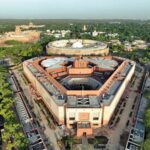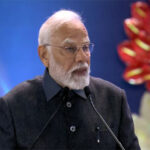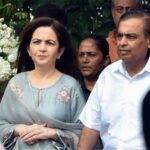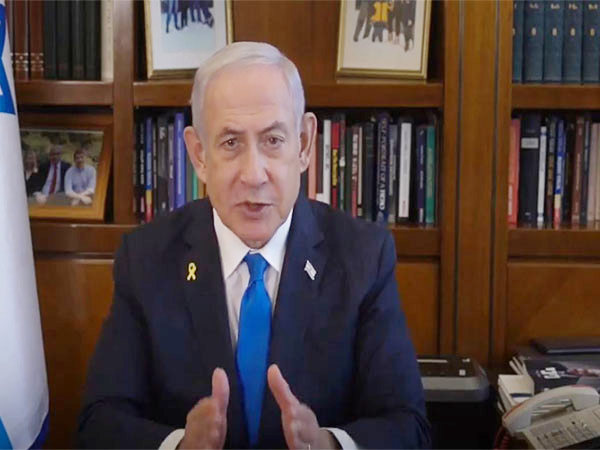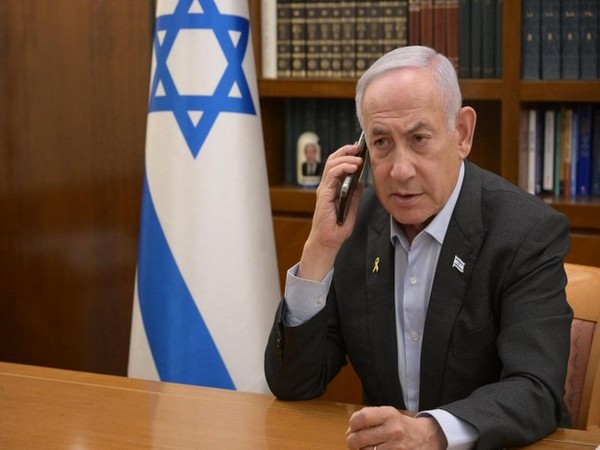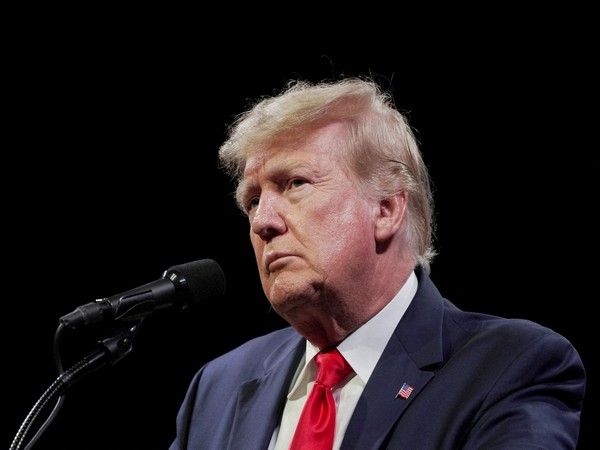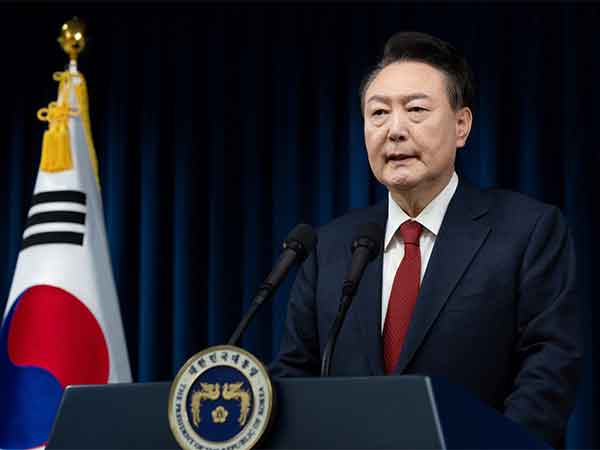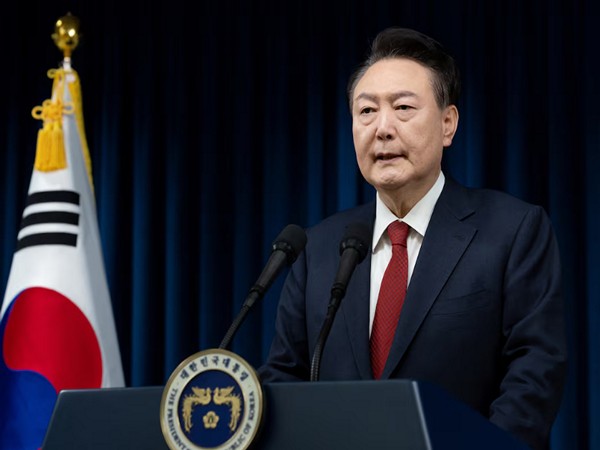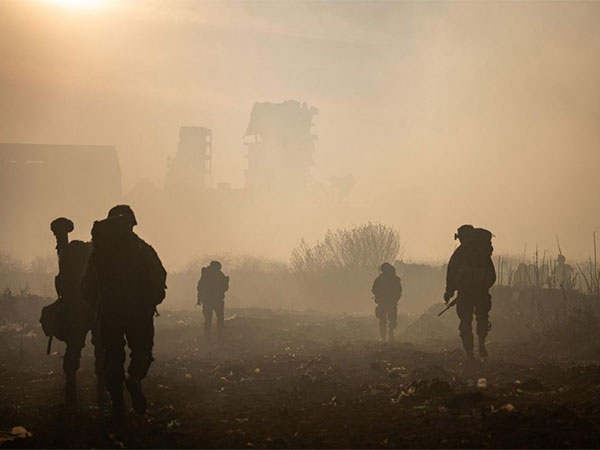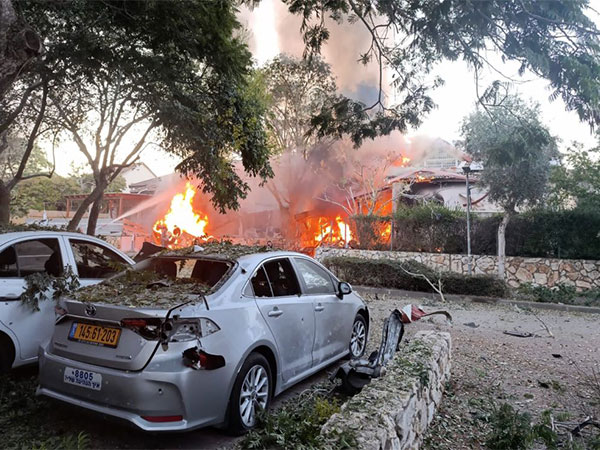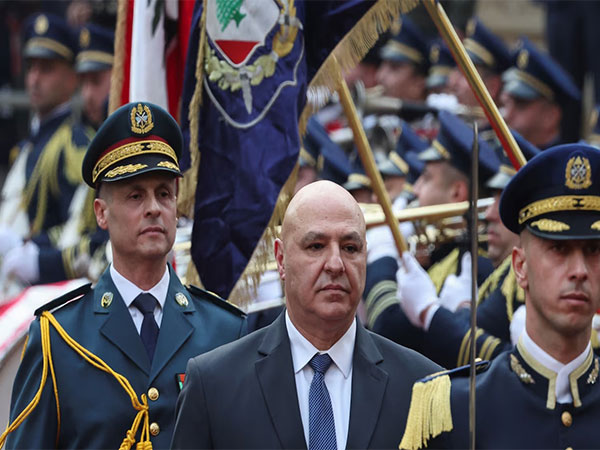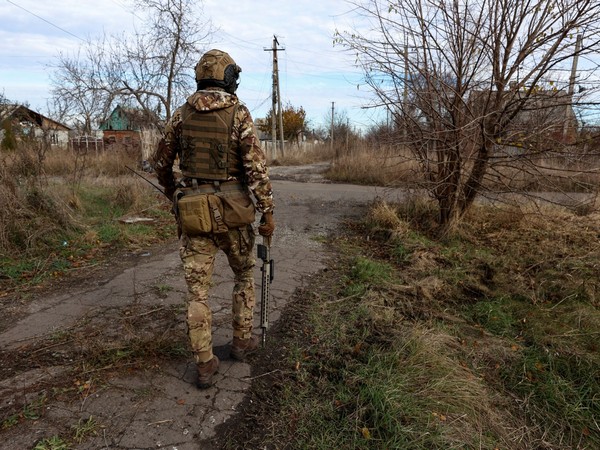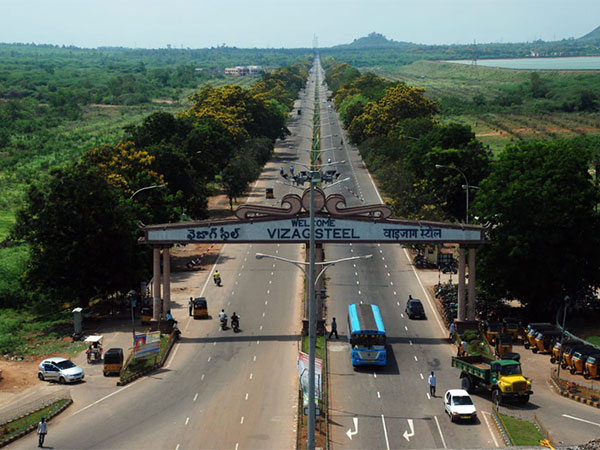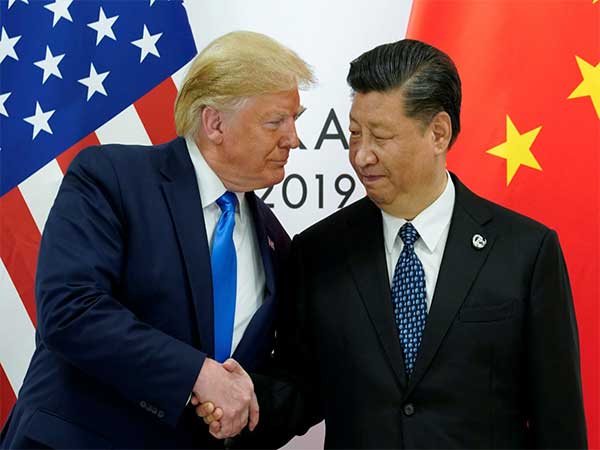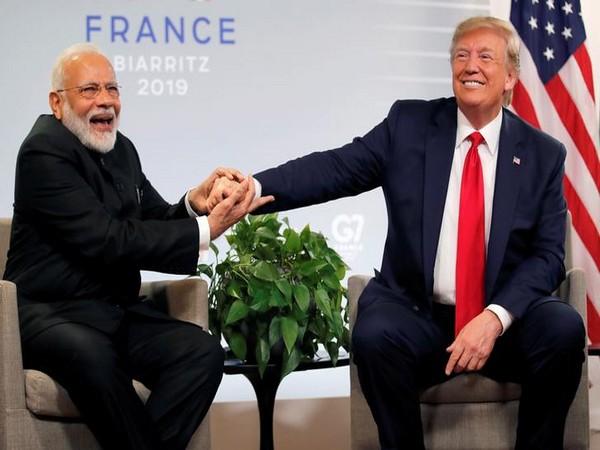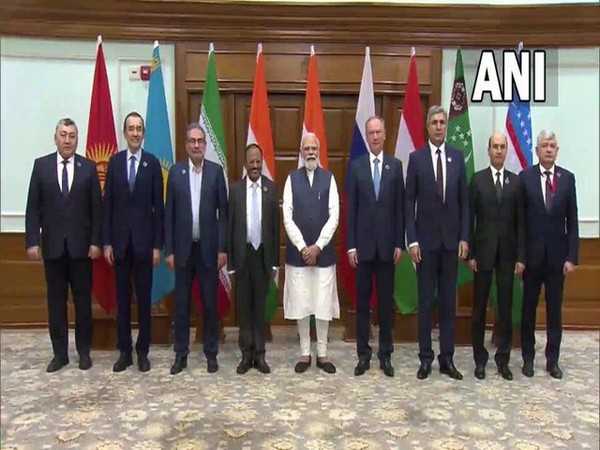
New Delhi [India], November 10 (ANI): The Delhi Security Dialogue held here on Wednesday saw an “extraordinary degree of convergence” on the assessments of the situation in Afghanistan and the principal challenges in the country and the region, sources said.
NSAs or heads of the National Security Councils of eight countries including India took part in the Delhi Regional Security Dialogue on Afghanistan. It was chaired by NSA Ajit Doval.
The sources said the convergence on the assessments of the situation in Afghanistan included security situation, heightened risk of terrorism and the impending humanitarian crisis.
The NSAs noted the need to provide humanitarian assistance and emphasized that the land and air routes should be made available and no one should impede the process, the sources said.
They said NSAs appreciated the timely and efficient organization of the dialogue by India and reiterated the need to continue regular consultations among regional countries in this format.
They also stressed that no one should boycott the process due to bilateral agendas.
The sources said that the dialogue exceeded expectations and NSAs easily arrived at a complete consensus, which enabled the joint Delhi Declaration.
“Every delegation was appreciative of the timing of the event and the opportunity to engage in frank and open discussions. Every country got an opportunity to put across their views in a forthright manner. This is the only dialogue at the level of NSAs and there was complete unanimity on the need to continue this process and have regular consultations,” a source said.
NSAs or heads of the National Security Councils of Iran, Kazakhstan, Kyrgyzstan, Russia, Tajikistan, Turkmenistan and Uzbekistan took part in the meeting.
The sources said that NSAs and heads of the National Security Councils had “a very substantive exchange” during their call on Prime Minister Narendra Modi.
He shared India’s perspective on Afghanistan. The NSAs conveyed greetings from their leaders and also appreciated India’s initiative of hosting the dialogue.
Later in the day, NSA had bilateral meetings with his counterparts from Russia, Kazakhstan and Iran.
“These were substantive meetings and reflected the personal chemistry of NSA with his counterparts. There were detailed discussions on Afghanistan as well as on bilateral relations,” a source said.
Sources said some of the focus issues discussed with Russia were defence cooperation and future exchanges between the NSCs.
With Kazakhstan, besides Afghanistan, there were discussions on enhancing connectivity and trading routes between the two countries, and practical steps to be taken in this direction, they said.
During the meeting with Iran, bilateral trade and the current state of relations were discussed, besides Afghanistan.
Iran having hosted the previous two meetings of this format, discussions on how to carry forward this process also took place, the sources said.
According to the Delhi Declaration, the National Security Advisers and secretaries of the national security councils reiterated strong support for a peaceful, secure and stable Afghanistan while emphasizing the respect for sovereignty, unity and territorial integrity and non-interference in its internal affairs.
They expressed deep concern over the suffering of the people of Afghanistan arising from the security situation in Afghanistan and condemned the terrorist attacks in Kunduz, Kandahar and Kabul.
The declaration said the participants emphasised that Afghanistan’s territory should not be used for sheltering, training, planning or financing any terrorist acts.
They condemned in the strongest terms all terrorist activities and reaffirmed their firm commitment to combat terrorism in all its forms and manifestations, including its financing, the dismantling of terrorist infrastructure and countering radicalization, to ensure that Afghanistan would never become a safe haven for global terrorism.
The participants called for collective cooperation against the menace of radicalization, extremism, separatism and drug trafficking in the region.
The NSAs and heads of Security Councils stressed the necessity of forming an open and truly inclusive government that represents the will of all the people of Afghanistan and has representation from all sections of their society, including major ethnopolitical forces in the country.
“Inclusion of all sections of the society in the administrative and political structure is imperative for the successful national reconciliation process in the country,” the declaration said. (ANI)

